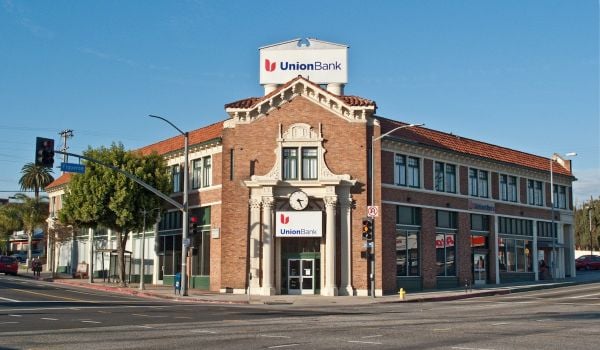Federal officials and policymakers are putting more emphasis on worker-ownership of businesses. This support comes at a time when the cooperative model — a business owned and controlled by its workers, who each usually get an equal share of the profits — could become crucial to preserving many small businesses under threat of closing due to aging owners wishing to retire.
Last week, the Small Business Administration announced this year’s winners in its Program for Investment in Micro-entrepreneurs, or PRIME, and there’s a special emphasis on supporting training and technical assistance to strengthen cooperative forms of business, particularly those that help economically disadvantaged entrepreneurs. Of the 34 awardees, six organizations received funding to specifically target cooperative small businesses.
St. Louis-based Justine Peterson received $150,000, promising to provide financial capability and microenterprise training to 450 disadvantaged entrepreneurs from the St. Louis city and county Promise Zone. In partnership with St. Louis County, a majority of the participants will also be offenders on parole, probation or currently incarcerated.
Jersey City-based Rising Tide Capital received $150,000, promising to expand its Community Business Academy and Business Acceleration Services to serve 120 entrepreneurs, including at least 95 with low- or moderate-income backgrounds, and at least 60 with a criminal record.
Brooklyn-based CAMBA received $150,000 to expand its Mobilize Your Business program to serve worker cooperatives and reach additional “high-need” neighborhoods. Mobilize Your Business teaches disadvantaged entrepreneurs to use mobile technology and key business applications to improve business operations, collect actionable data, and guide strategic business decisions intended to grow businesses and put them on a path to accessing capital from banks or other mainstream lenders. CAMBA is also part of NYC’s city-funded Worker Cooperative Business Development Initiative, coming up on its fourth year of funding to support a citywide ecosystem for worker cooperative development.
It’s the second time the SBA has included a worker-cooperative component in PRIME. CAMBA was also among five PRIME awardees last year that support worker cooperatives. (I’ve reported on some of the new PRIME grantees that don’t have a co-op focus too: the Bay Area’s Mission Economic Development Agency and North Carolina’s Carolina Small Business Development Fund.)
Meanwhile, Senator Tammy Baldwin, of Wisconsin, introduced the Worker Owned Wealth Act, which would authorize multiple initiatives designed to support worker ownership of businesses, starting with a revolving loan fund that would provide low-interest loans through the Treasury Department for employees seeking to purchase or grow a stake of their company. A similar proposal is part of the U.S. Employee Ownership Bank Act, introduced by Senator Bernie Sanders (which I covered previously).
Baldwin’s bill would add two more incentives to promote employee ownership of companies. One is a tax deduction on profits earned by financial institutions on loans to employee-ownership trusts, which allow for purchasing and growing employee-ownership stakes. The other would remove the corporate tax deductibility for bonuses paid to CEOs (also known as the CEO pay loophole) for companies that do not have at least 5 percent employee ownership.
Lastly, Baldwin’s bill also proposes to create a national Office of Employee Ownership and Worker Empowerment in the White House’s National Economic Council.
In addition to the wealth-sharing aspects of worker-ownership, advocates have been proposing that workers should buy out aging baby boomer entrepreneurs, whose looming retirements threaten the loss of an estimated 25 million jobs as a result of closing down small businesses that might otherwise stay afloat if not for the owner’s retirement.

Oscar is Next City's senior economic justice correspondent. He previously served as Next City’s editor from 2018-2019, and was a Next City Equitable Cities Fellow from 2015-2016. Since 2011, Oscar has covered community development finance, community banking, impact investing, economic development, housing and more for media outlets such as Shelterforce, B Magazine, Impact Alpha and Fast Company.
Follow Oscar .(JavaScript must be enabled to view this email address)
















